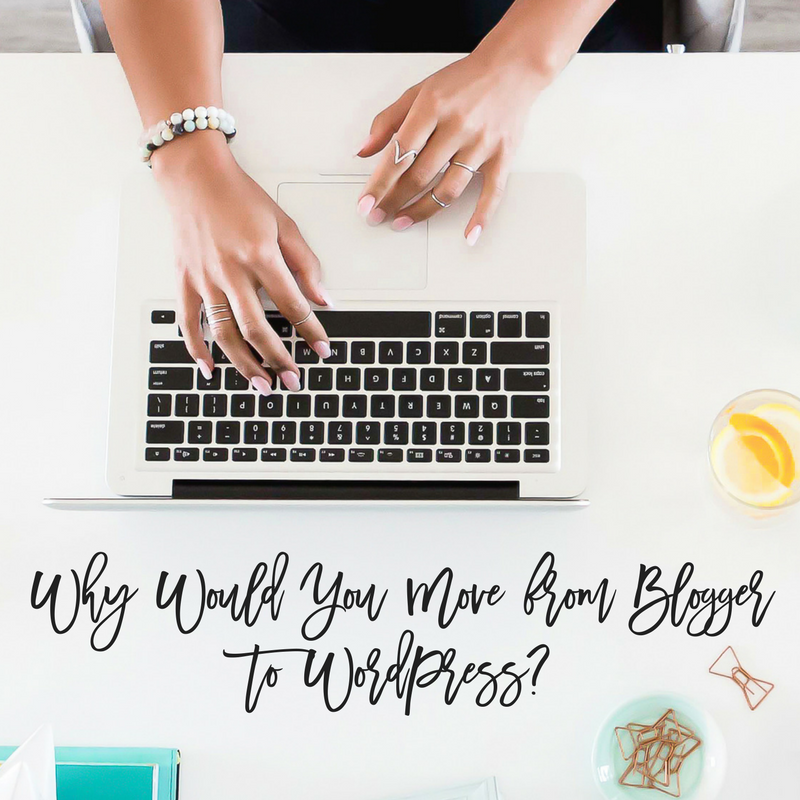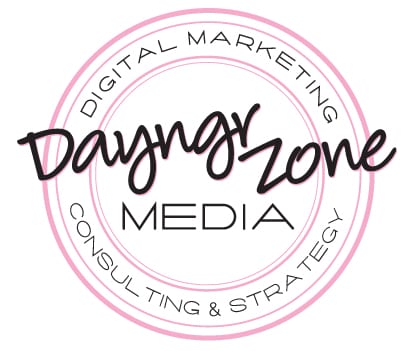 Blogging has become one of the fastest-growing and most popular hobbies-turned-jobs around. In a culture defined by the sharing of information across the Internet, almost everyone with a computer can find a way to start a blog. We all have varying experiences and skills, so why not share those ideas around the world with others who would like to learn? Sounds easy! Taking on blogging seriously can be anything but.
Blogging has become one of the fastest-growing and most popular hobbies-turned-jobs around. In a culture defined by the sharing of information across the Internet, almost everyone with a computer can find a way to start a blog. We all have varying experiences and skills, so why not share those ideas around the world with others who would like to learn? Sounds easy! Taking on blogging seriously can be anything but.
Not only do you need the writing chops and ability to plan content, but you need to find a good platform on which to publish your content. In fact, that may be one of the simplest parts of all. There are a handful of popular platforms that are good for blogging. Two of the most popular being WordPress and Blogger. (There are two versions of WordPress – WordPress.com and WordPress.org, which is self-hosted. For this conversation, I’ll be talking about WordPress.org) But which is better? If you’re on Blogger now, should you migrate to WordPress? And why would you move from Blogger to WordPress?
Let’s find out!
Why Would You Move from Blogger to WordPress?
Blogger: The Details
First, let’s take a brief look at what these platforms really are. We’ll start with Blogger.
Blogger (not to be confused with BlogSpot) is a platform that gives you a domain on the spot. You need a Google account to get started. Down the road, you can buy a custom domain right from Blogger (or buy a domain from somewhere else and point it to the site)
The backend of Blogger allows you to:
- Create, edit and view posts, pages, comments, and stats
- Change up your theme and layout options
- Manage any earnings you may have coming in
Blogger might be good for you if you’re just starting out blogging and you want to get some content up quickly. Your priorities would be speed and simplicity, over power and customization. Sometimes, simple really is better. If you aren’t looking for a ton of bells and whistles that may confuse you, Blogger might be the way to go.
To Sum Up
All in all, Blogger is simple and easy to use, requires pretty much no installations, and the software updates all on its own. It comes with options to monetize with Adsense and Adwords built right in.
However, if you’re looking for SEO power, which is an important aspect of blogging, Blogger may fall short.
Really Quick – What’s SEO?
SEO stands for Search Engine Optimization. To put it very simply, it is the likelihood that someone will find your site somewhere on the web, click on it, spend time on it, and convert (meaning buy something, leave a comment, download something, etc.)
Blogging relies heavily on SEO because if no one is reading your posts, what’s the point? If no one is clicking on your sidebar ads, how do you earn money? If you don’t have comments, how do you know who your audience is?
SEO factors include tons and tons of things. Like…
- What you’re writing about
- How often you post
- The structure of your posts
- How the site is coded
- How Google feels about the platform you’re using
Now, how does the WordPress vs. Blogger debate weigh in on the SEO conversation?
WordPress: The Details
It has better tools and features for design, functionality, and security. As a blogger, all of these things are important. Maybe even more important is that WordPress is better for SEO. I can say that objectively as a WordPress user of 5 years, as a web developer and designer, as an SEO consultant. It’s just a better tool.
(Quick note: Using WordPress does not mean you will automatically achieve better rankings or have a better website. It just means that the tools are there for that possibility to take place.)
WordPress is like a house while something like Blogger is like an apartment. With WordPress, you download an empty shell and then have the ability to do almost anything you want. The design and function customization options are pretty much endless. You can move walls around, add a third floor, extend the east wing, dig a basement, paint the walls, add a carpet… tons of things that aren’t possible with Blogger.
To Sum Up
All in all, WordPress sort of has levels as far as ease of use. The more you want to do, the more you’ll have to learn. The installations and software updates mean that you are completely in control to create whatever environment you want on the web.
If you’re looking for design and SEO and customization power, WordPress is where it’s at.
So Why Exactly is WordPress Better for SEO?
With Blogger, Google owns your site and can shut it down whenever it pleases. You own everything in WordPress. Sites going up and down sporadically is not good for SEO because Google won’t see you as a reliable source of information. In short – fewer, weaker rankings.
Almost all WordPress themes are optimized for SEO out of the box. And they tend to be of better design (in this designers opinion), which means that once a visitor arrives, they are more likely to stick around.
Blogger has Gadgets, which are similar to Widgets, but only a few. They let you do basic things to improve your site. WordPress has Widgets and Plugins that number in the thousands which allow you to not only improve the look and feel of your site, but that specifically help you with your SEO goals.
So there you have it! If you’re considering making the move from Blogger to WordPress, just know that it will take work. Like a homeowner, you’ll have to put thought into what your end goal is and what you need to do to accomplish it. But the rewards that come with fitting out your place exactly how you want it can be endless!
Your Turn
Did we miss anything? What would you add? Are you on Blogger, WordPress or some other blogging platform? Which do you prefer and why? We’d love to hear from you!


Let's keep the conversation going ...